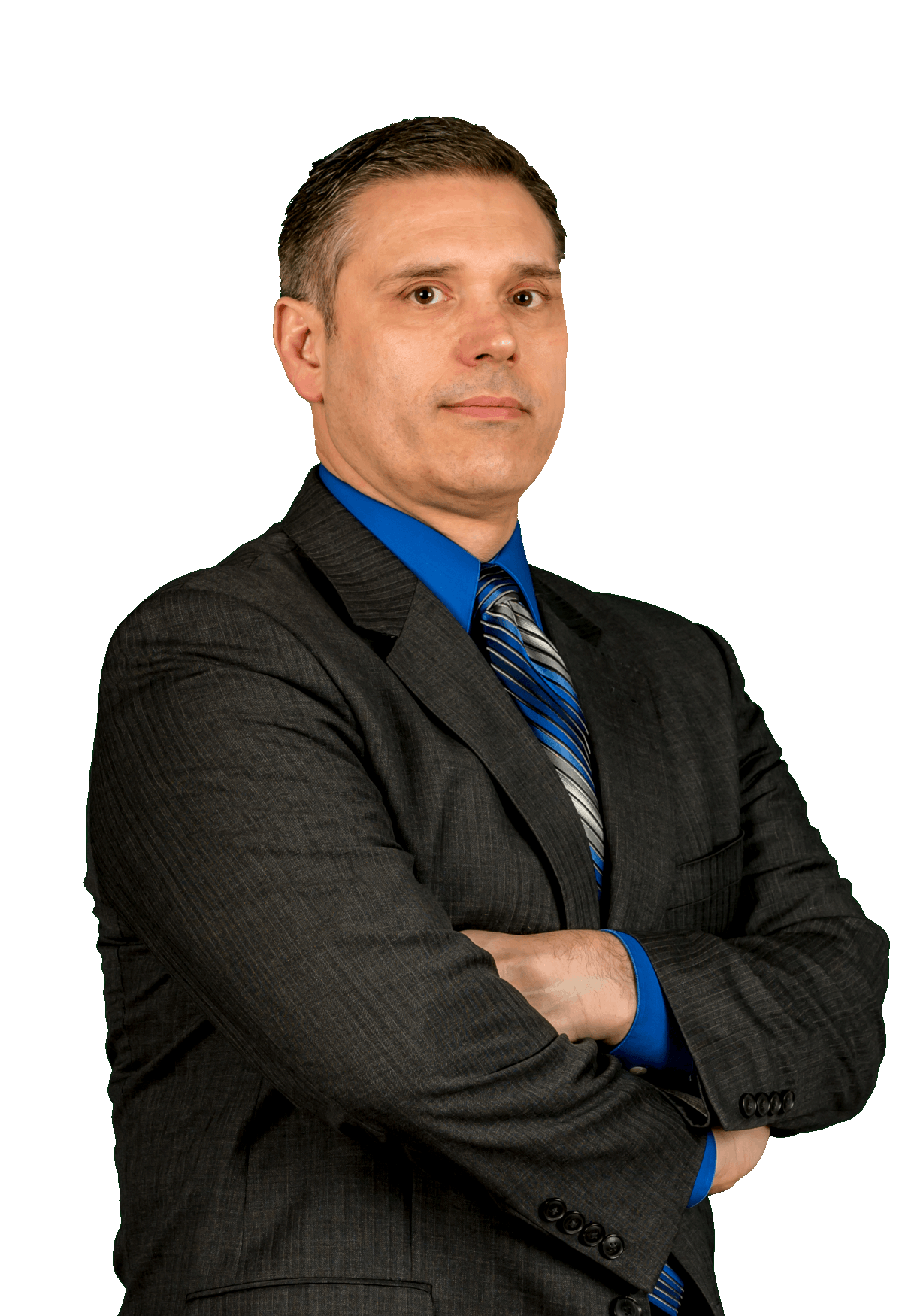Estate Planning Attorney
Daniel Gigiano is a Wadsworth, Ohio based estate planning attorney. If you live in Medina, Summit, or Wayne County, contact Attorney Gigiano today at (330) 336-3330 for legal consultation regarding estate planning.
Daniel F. Gigiano Co., L.P.A. has the experience to handle your estate planning needs. This includes, but is not limited to:
– Wills
– Durable Powers of Attorney
– Health Care Power of Attorney
– Living Wills
Attorney Gigiano has helped many individuals, couples and families achieve their estate planning needs. He takes the time to give you choices and bring up potential situations that could arise from your wishes. All of this is done to ensure that your real wishes are achieved and keeps the probate court from doing something different than what you meant to happen.
Financial Power of Attorney
A financial power of attorney gives another person the power to handle that person’s financial matters. The power of attorney can either designate that the attorney-in-fact’s authority begins immediately after it is executed or that such authority will “spring” into effect at a future date or upon a particular event.
Usually, the springing event is when two examining physicians determine that the principal is no longer competent. Before choosing a “springing” power of attorney, it is important to consider the need for the agent to show proof of the event. However, such powers always terminate upon the death of the principal.
Commonly, financial powers of attorney are used to assist elderly people in paying their bills and addressing any other financial matters. Use of such a document is superior to naming family members as joint holders of bank accounts, as such a method could give the family member’s creditors access to such accounts in collection proceedings.
Finally, when possible, it is preferable to use a limited specific power of attorney for a specific purpose. For example, a real estate power of attorney would often be limited to a particular parcel of real estate for a specific time. This is important as such powers of attorney are usually recorded along with the documents executed by the agent on behalf of the principal. If recorded, the power of attorney becomes a public document, which allows anyone to view and obtain a copy of the power of attorney. If the power of attorney is limited in scope, it is of little use to anyone else. If it contains many broad powers, it can be misused in a manner similar to many identity theft schemes.
Wills
A will is a document that sets forth how a person’s probate property will be distributed upon death. To be valid, a will must meet the following requirements: the person making the will must be at least 18 years old and be of sound mind; with some limited exceptions, the will must be written and signed; and the will must be witnessed by at least two persons. A will is effective as long as it is not revoked, which can occur by the execution of a new will or codicil replacing the old, or when the person who made the will destroys it with the intent of revoking it. Wills can provide valuable information to the probate court, saving legal expenses in such proceedings. Such information includes the naming of the executor, the beneficiaries of the will, and waiving the need for the executor to post a bond. If minor children were the survivors, the will could inform the court as to whom the deceased parent wished to be guardians. Without a will, the court distributes the property of the deceased to the nearest family members according to the law. The drafting of a will requires professional judgment. I can help you avoid pitfalls and choose the course best suited for your situation.
Healthcare Power of Attorney
A health care power of attorney gives another person the power to make health care decisions if the person cannot make them for himself or herself, regardless of whether or not the condition is terminal. The power of attorney is bound by that person’s wishes, which includes the instructions within a living will.
Living Wills
In the event that a person becomes terminally ill or permanently unconscious, a living will is a road map of that person’s wishes as to the use of life-support, the course of medical treatment, and the use of artificial fluids and feeding. Living wills are only used when the person is unable to communicate their wishes. While the person making the living will can revoke or change it at any time, it cannot be revoked or changed by anyone else.
Watch the Video Below to Learn More About Estate Planning in Ohio


